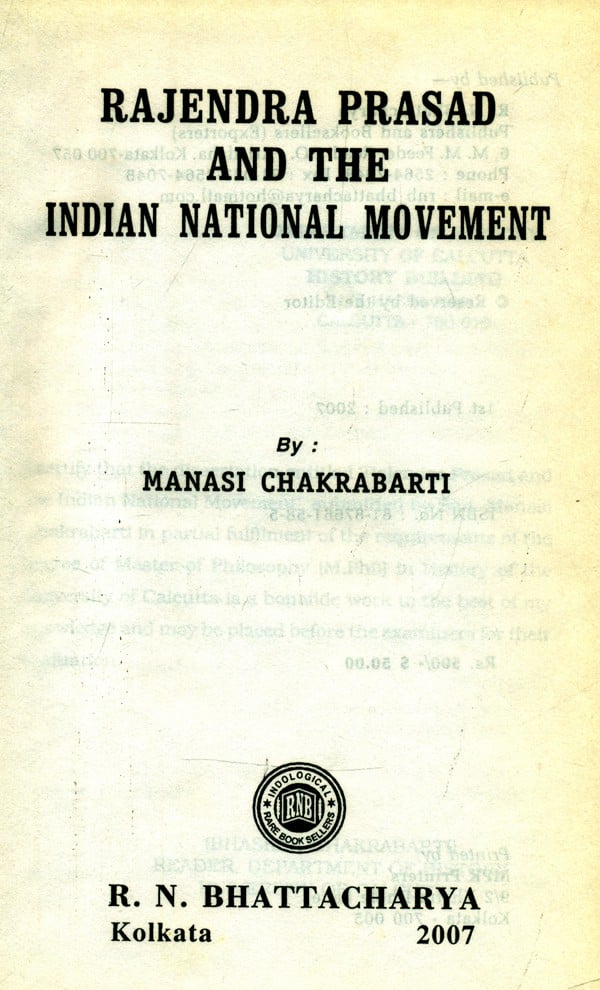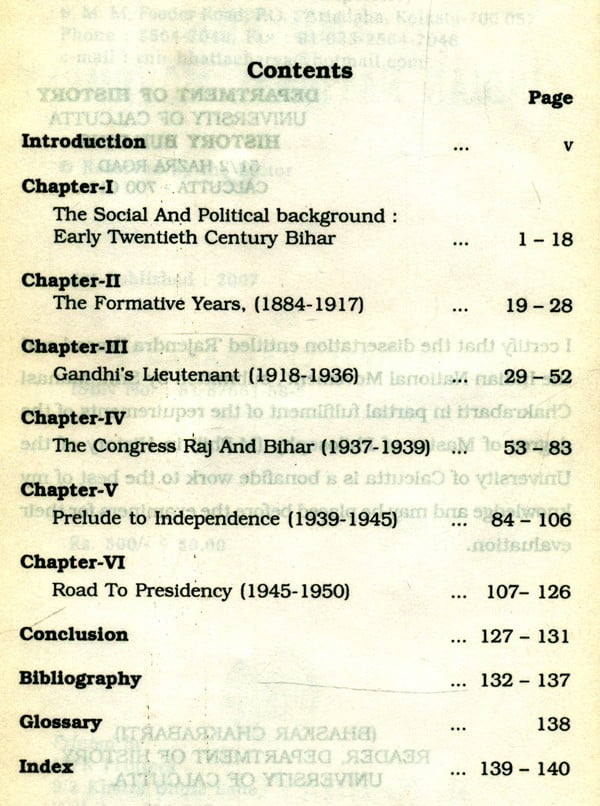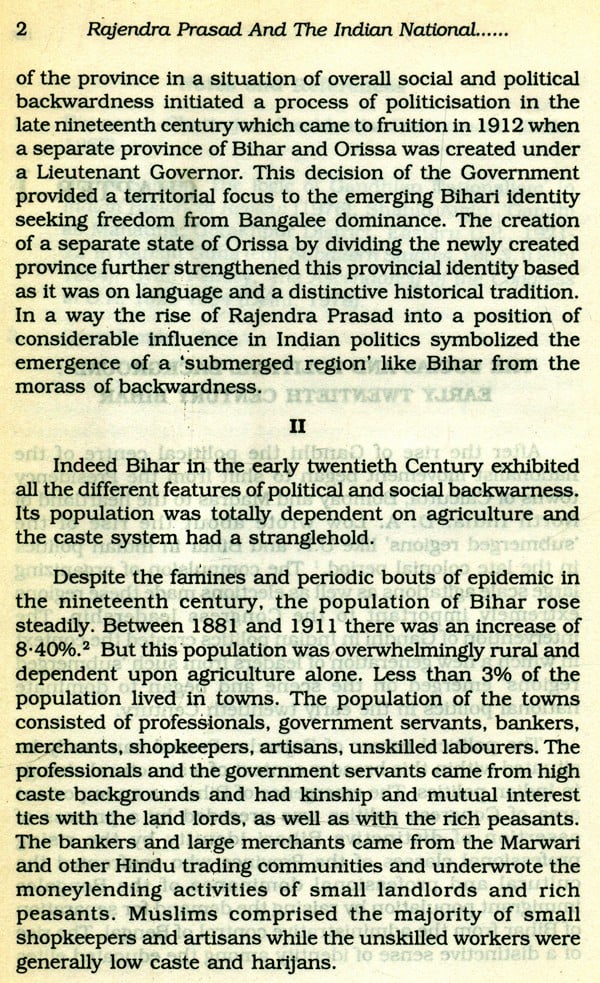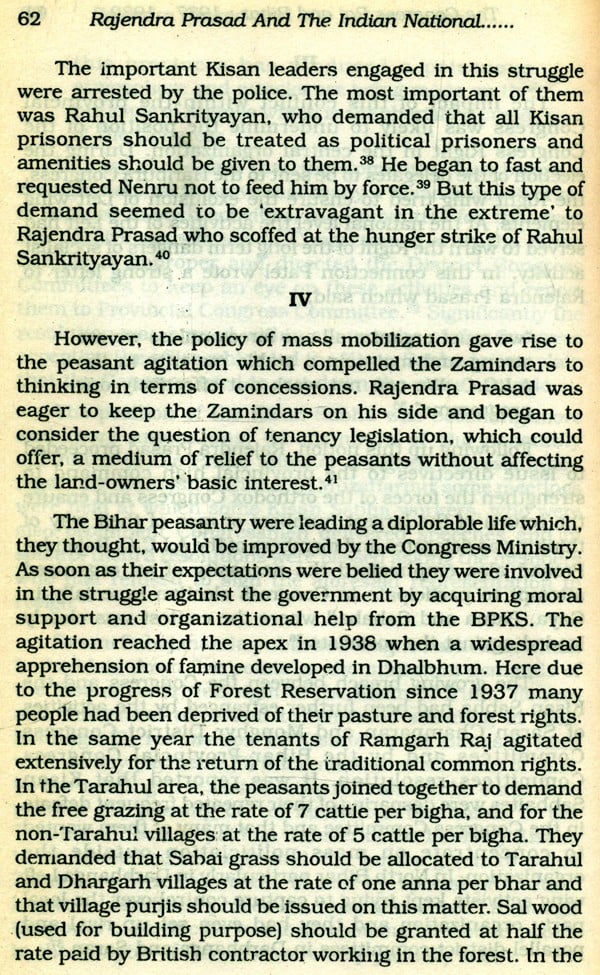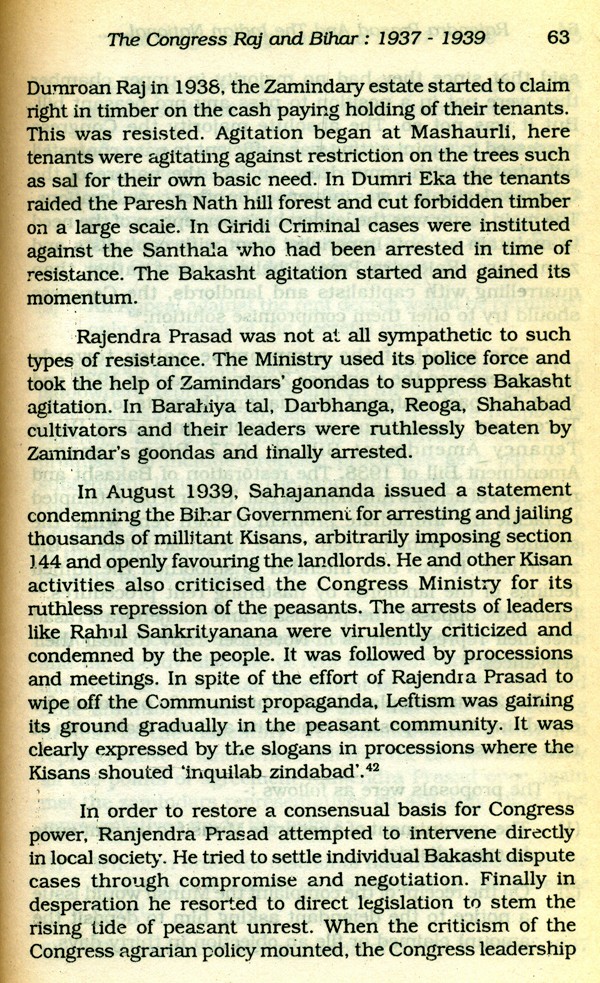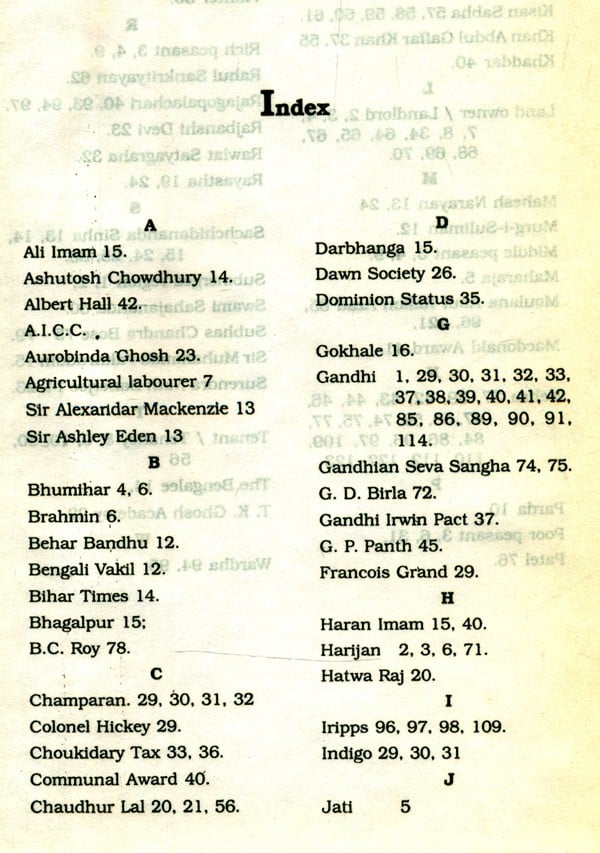About the Book This book was primarily written as a dissertation of M.phil thesis of Calcutta University. It deals with the Nationalist politics of Bihar and the clicks and tractions of Indian politics during the 19th and 20th century and examines the various factors behind the rise of the First President Dr. Rajendra Prasad.
About the Author The Author was born in November, 1964. She is on M.Phil in Modern History from the University of Calcutta. She has been travelling extensively throughout India to know the country and her people. She is a self-employed person.
Introduction Dr. Rajendra Prasad, the first President of India, began his political career as a Gandhian Congress-man during the peasant movement In Champaran. In the nationalist circles, Rajendra Prasad was reputed to be a devout follower of Gandhi and was identified with the so-called Gandhite faction in the power struggle within the Congress, especially when Gandhi was challenged by relatively young leader like Subhas Bose. But a closer examination of Rajendra Prasad's political career reveals that unlike many devout Gandhians, the ideological and moral influence of Gandhism was of marginal importance in Rajendra Prasad's politics. Gandhism provided Rajendra Prasad with a rhetoric to be manipulated in accordance with his political convenience. Rajendra Prasad was careful enough to maintain amicable relations with Gandhi and unlike men like Subhas Bose who openly rebelled against the Mahatma, and Jawahar Lal Nehru who at times expressed his disagreements with Gandhi's political ideas and strategies, Rajendra Prasad had no such record of public defiance.
The personal impression of Bimanesh Chatterjee who was the military Secretary during Rajendra Prasad's Presidency, describes him as a man of simple habits and unostentatious living. Such impressions however do not bring out adequately the astuteness of his personality as a political figure of great importance. Rajendra Prasad's attitude towards peasant politics in the late 1930s do not qualify himself to be a protector of India's rastic people, which such personal impression often tried to convey.
**Contents and Sample Pages**
